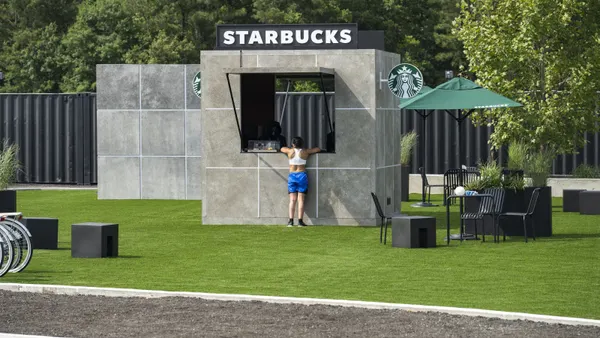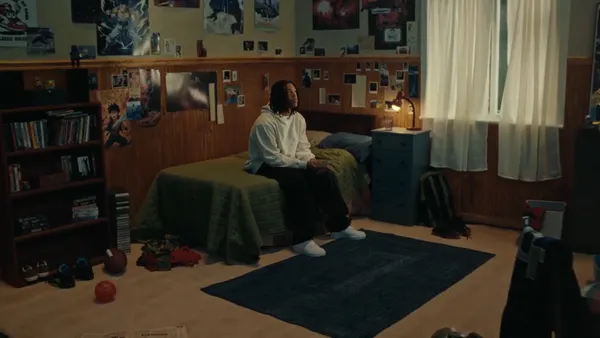Some marketers fell from great heights in their efforts to impress increasingly ad-averse consumers in 2019 — in one case quite literally, with Samsung recently seeing its space-bound satellite fall back down to Earth. And while every year brings its share of marketing misfires, consumer responses felt particularly strong these past few months, reflecting how expectations around accountability are growing steeper in the digital era.
"We need to reconsider the word 'backlash.' People are reacting and standing up for what is right," Jay Suhr, chief creative officer at agency T3, said in emailed comments to Marketing Dive. "Brands are more vulnerable because more individuals, groups and competitors are actively watching with massive social platforms and networks to immediately initiate and spread a response."
The year did not get off an auspicious start. A controversial Gillette ad that discussed toxic masculinity drew a deluge of negative comments within days of its January launch, straining the adage of "no publicity is bad publicity." Parent company Procter & Gamble's $8 billion write-down of the razor maker's business in July suggests the cause-driven effort, while lauded by some in the industry, didn't do much to bolster the bottom line.
Just as consumers were getting more vocal about their displeasure, brands also seem to be jumping in on the negativity. Adversarial marketing — what Suhr referred to as the "Wendy's effect" — continued to trend as rival companies like Popeyes and Chick-fil-A and AB InBev and Molson Coors duked it out online, and in the latter case, the courts.
"Both competitors and consumers are listening, watching and waiting for brands to mess up in order to respond back and label them a #fail. Part of this is fun and part is brands trolling brands," Suhr said, while warning that there can be a downside to the phenomenon.
"Brands must realize that they are now part of a news cycle mindset where controversy can be triggered by a massive gaffe or seemingly small misstep," he added. "Something can go from zero to crisis in minutes. It may ignite on social media, but quickly explode across channels in no time."
In one of the uglier spats this year, Molson Coors sued AB InBev over a Bud Light campaign that targeted the rival for using corn syrup — not the high-fructose variant frequently criticized as being unhealthy by nutritionists — in its brewing process. The ads, intended to position Bud Light as a healthier, more transparent beer, backfired.
Two rulings against AB InBev now prevent the marketer from continuing to run the corn syrup campaign and also from using "no corn syrup" labels on Bud Light, according to Food Dive. But even before the lawsuit, Coors Light weaponized Bud Light's negativity against it. Read about the big beer kerfuffle, along with some of the year's other most notable controversies, below:












